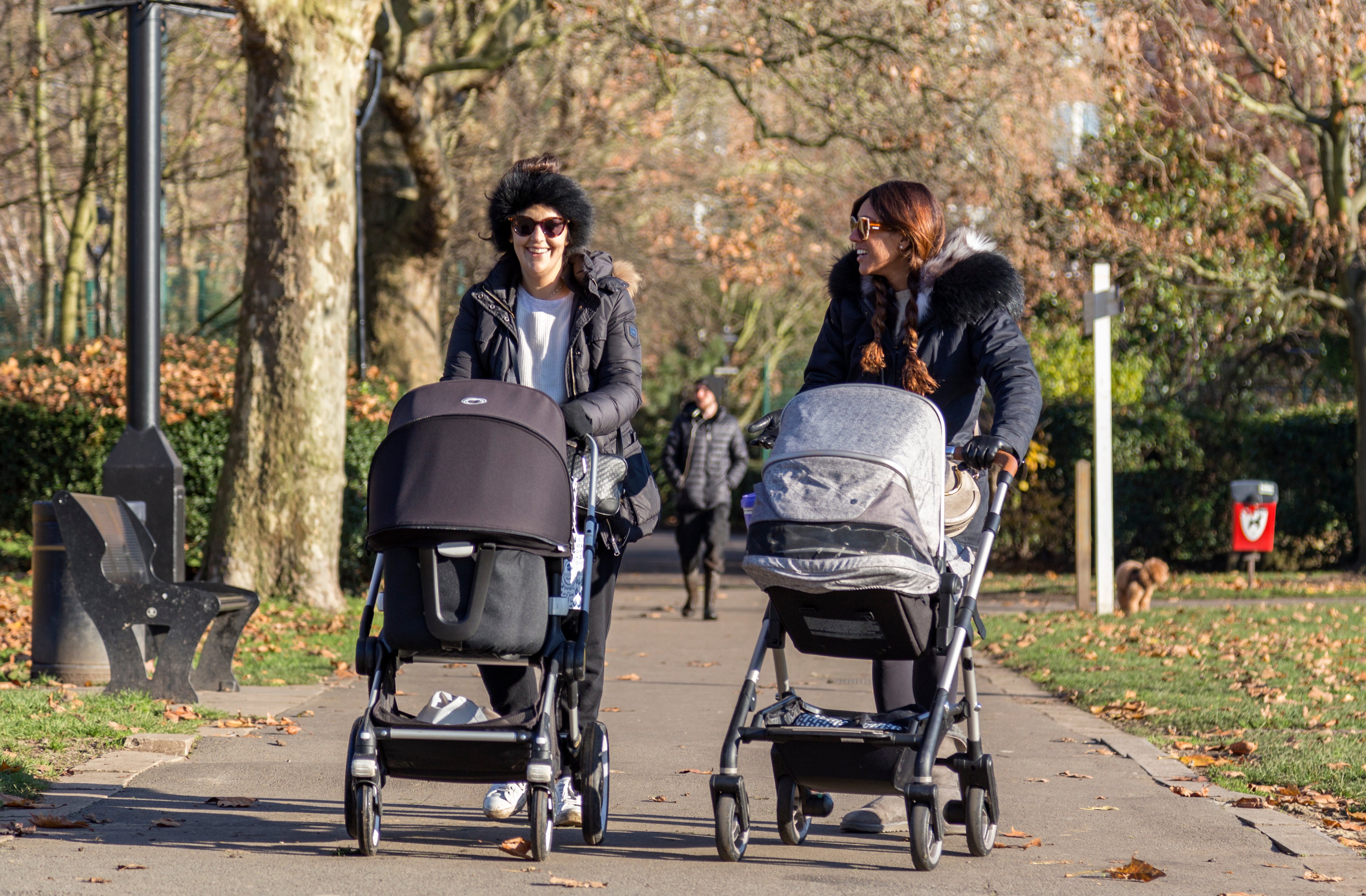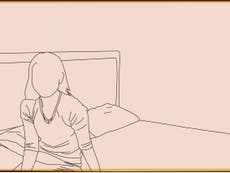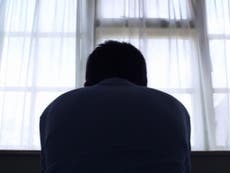Women’s mental health deteriorating as Covid crisis forces people to work longer hours
Exclusive: ‘As well as an impending recession and mass unemployment, we are heading into an unprecedented mental health crisis, as a direct result of both underemployment and overemployment,’ say researchers

Your support helps us to tell the story
From reproductive rights to climate change to Big Tech, The Independent is on the ground when the story is developing. Whether it's investigating the financials of Elon Musk's pro-Trump PAC or producing our latest documentary, 'The A Word', which shines a light on the American women fighting for reproductive rights, we know how important it is to parse out the facts from the messaging.
At such a critical moment in US history, we need reporters on the ground. Your donation allows us to keep sending journalists to speak to both sides of the story.
The Independent is trusted by Americans across the entire political spectrum. And unlike many other quality news outlets, we choose not to lock Americans out of our reporting and analysis with paywalls. We believe quality journalism should be available to everyone, paid for by those who can afford it.
Your support makes all the difference.Mental health is deteriorating due to people working longer hours in the wake of the coronavirus crisis with women disproportionately affected, a new study has found.
A report by the 4 Day Week Campaign, shared exclusively with The Independent, found women are 43 per cent more likely to have increased their hours beyond a standard working week than men, and for those with children this was more linked to mental distress.
Some 86 per cent of women who are doing a standard week of work on top of childcare, which is more than or equivalent to the UK average, suffered mental distress in April – the height of the coronavirus lockdown.
Researchers found those who have started working from home in the wake of the Covid-19 emergency have been working longer hours – with the prevalence of mental distress among all employees now 49 per cent higher than it was from 2017 to 2019.
The study, titled Burnout Britain: Overwork in an age of unemployment, which was carried out alongside think tanks Compass and Autonomy, warns “as well as an impending recession and mass unemployment, we are heading into an unprecedented mental health crisis, as a direct result of both under-employment and over-employment”.
Joe Ryle, a campaigner with the 4 Day Week Campaign, said: “It’s extremely concerning that overall the shift to working remotely has resulted in workers doing more hours and not less.
“This country desperately needs a four-day working week to rebalance the economy, boost mental health and give people more time to spend doing the things they love.”
Dr Mary-Ann Stephenson, director of Women's Budget Group, said the research draws attention to difficulties families and particularly women face in juggling paid work with childcare, caring for relatives and other unpaid duties.
She said: “Coronavirus has shown that we are more than just paid workers and yet we have an economy that fails to recognise our needs beyond this. A four-day working week and more flexible working hours can go a long way in redistributing unpaid work between men and women to ensure we all have time to care, and time free from care. It will allow men to spend more time with their loved ones and remove the burden of unpaid work from women so that it is shared equally amongst a household.
“Coronavirus has shown us that the economy is not working but for women, the economy has never really worked and this pandemic has highlighted the stark impact it is having on women’s mental health. We can no longer continue this way and expect that women will just bear the brunt. We are the economy and it’s time the economy worked for us.”
While people in the UK already worked some of the longest hours in Europe prior to the coronavirus crisis, studies have shown women bore the brunt of childcare responsibilities, household chores and homeschooling during lockdown, irrespective of whether they were working or not.
The new report, released a day before World Mental Health Day on Saturday, is calling for a four-day working week for those working in the public sector and the government to create a Working Time Commission to look at how to use decreased hours of work to distribute work more equally throughout different sectors. The Green Party and former Labour leader Jeremy Corbyn have previously suggested the idea of only working for four days each week.
Emma Mamo, head of Workplace Wellbeing at Mind, a leading mental health charity, said: “During these challenging times we encourage employers to support staff wellbeing and one way of doing this is by offering flexible working, this could include flexible start and finish times or for some could include working four days a week or exploring job share roles.
“As we try and manage our lives around Covid-19, employers could take forward more measures such as working from home or different hours to suit people’s lives.”
A poll released in July found nearly two-thirds of the public and more than half of Conservative voters believe the government should explore rolling out a four-day working week in the wake of the Covid-19 crisis.
Alison Pay, managing director of Mental Health at Work, said: “The global pandemic has brought flexibility to the workplace on a scale hitherto unimaginable, but with it has come an increase in working hours and merging of boundaries between home and work and we know these factors contribute to mental health issues.”
Caroline Lucas, Green MP for Brighton Pavilion, argued the public health crisis provides an opportunity to “take a step back and think what kind of society, what kind of economy, do we want?”
She added: “Millions face losing their jobs and livelihoods, yet we know our long-hours work culture takes a huge toll on people’s health and wellbeing. When combined with growing automation, it makes complete sense for the available work to be shared more fairly.
“A four-day week would free people up to contribute to our society and communities in the many positive ways which make our society work, but isn’t measured or properly valued in the way it should be.”



Join our commenting forum
Join thought-provoking conversations, follow other Independent readers and see their replies
Comments